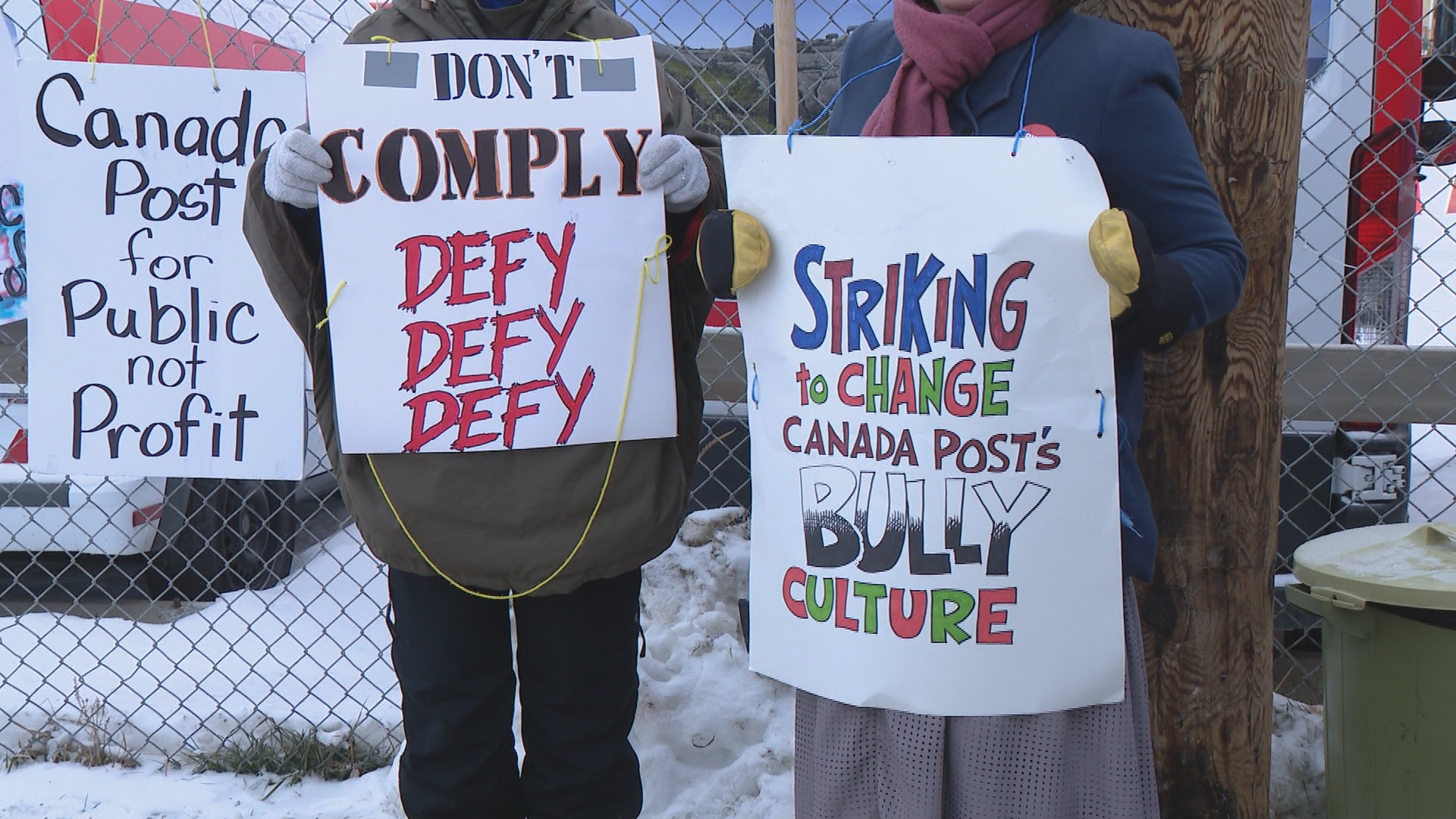The Canadian Union of Postal Workers (CUPW) returned to work on December 17th, ending a 32-day strike after the federal labour relations board issued a back-to-work order. While this brought relief to businesses impacted by the mail disruption, it sparked frustration among postal workers who felt their concerns were disregarded. Brahm Enslin, President of CUPW Local 824 in Saskatoon, expressed disappointment that the government opted for a forced resolution rather than continuing negotiations. He viewed this decision as aligning with Canada Post’s stance throughout the dispute and criticized the perceived prioritization of business interests over the public service aspect of the postal system. Enslin emphasized the dedication of postal workers to their jobs and their commitment to serving communities, contrasting this with Canada Post’s apparent focus on competition and profitability.
The back-to-work order brought mixed reactions. While postal workers felt their voices were stifled, small businesses, particularly those heavily reliant on efficient shipping, welcomed the end to the disruption. Kimberly Lewis, owner of Seven Stones By Kimberly, a jewelry business in Regina, expressed relief. The strike had significantly impacted her operations, putting a strain on her finances. Unlike larger corporations with greater resources, Lewis couldn’t absorb the costs associated with alternative shipping methods during the strike. She credits her part-time job with helping her weather the financial storm caused by the backlog of parcels. Lewis’s experience underscores the vulnerability of small businesses to disruptions in essential services like postal delivery.
The forced return to work highlights the complex dynamics at play in labour disputes. The government’s decision underscores the pressure to maintain economic stability, especially during peak seasons like the holiday shopping period. However, it also raises questions about the balance between protecting workers’ rights to negotiate fair terms and ensuring the smooth functioning of essential services. The imposition of back-to-work legislation often bypasses the core issues driving the dispute, potentially leaving underlying tensions unresolved. In this case, the concerns raised by CUPW regarding working conditions, job security, and the future of the postal service as a public institution remain to be addressed.
The strike’s impact extended beyond the immediate parties involved. The backlog of thousands of parcels accumulated since November 15th presents a significant logistical challenge for Canada Post. The speed at which they can process and deliver this backlog will be a key indicator of their operational efficiency and their ability to regain public trust. Furthermore, the long-term implications of the strike remain to be seen. The unresolved issues underlying the dispute could lead to further labour action in the future. The government’s intervention also sets a precedent for how similar disputes might be handled, potentially influencing the dynamics of labour negotiations in other sectors.
The underlying issues in the Canada Post strike reflect broader trends in the labour market. The rise of e-commerce has placed increased demands on postal services while simultaneously creating new challenges for workers. The increasing reliance on gig work and contract employment can impact job security and working conditions, leading to greater friction between employers and employees. The Canada Post dispute highlights the need for ongoing dialogue and negotiation to address these evolving challenges. Finding solutions that balance the needs of businesses, workers, and the public will be crucial for ensuring the long-term viability and effectiveness of essential services.
Moving forward, open and constructive dialogue between Canada Post, CUPW, and the government is essential. Addressing the root causes of the dispute, including working conditions, job security, and the role of the postal service in a changing economic landscape, will be crucial for preventing future disruptions. The experience of the 2024 strike should serve as a catalyst for finding sustainable solutions that ensure fair treatment for postal workers while maintaining a reliable and affordable postal service for all Canadians. The government’s role in facilitating this dialogue and ensuring a balanced approach to resolving labour disputes will be crucial for maintaining stability in the postal sector and the broader economy.

